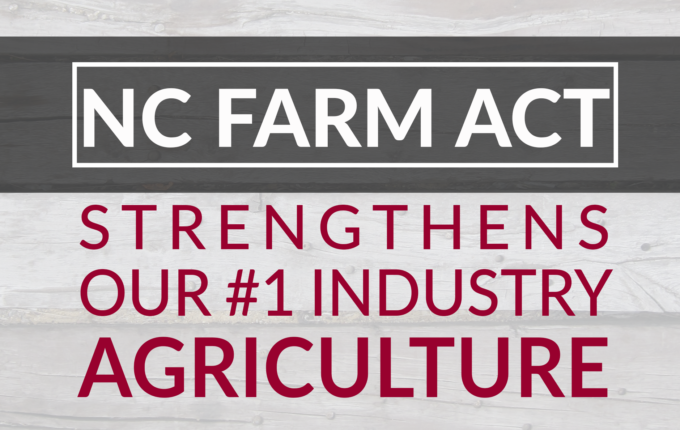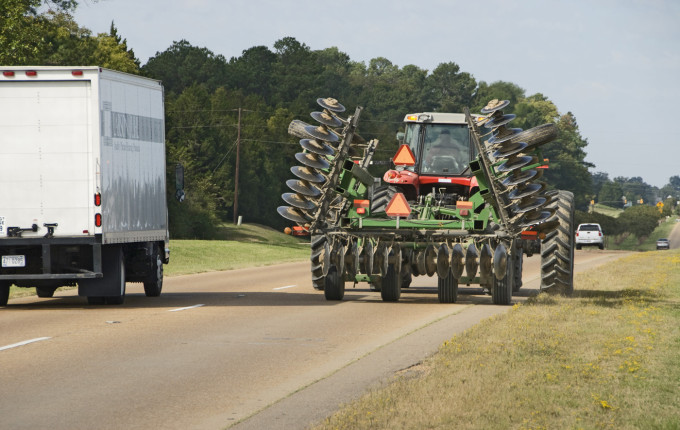The following commentary is by North Carolina Farm Bureau President Larry Wooten, first published in the Fall 2017 issue of NC Field and Family.
Initiatives for rural transportation, energy and broadband internet will benefit the state economy

North Carolina’s rural transportation, energy and broadband internet infrastructures are as important to economic development as seed, sun and water are to crops. Economic development is vital for the future of our farmers, rural communities and the population of the entire state.
There is no single “cure-all” for the ailing economies of many rural counties, but these areas have the potential to contribute an additional 38,000 jobs and $10.3 billion to the state’s annual income over a decade, according to a 2014 study commissioned by the NC General Assembly.
Because of this potential, the North Carolina Food Manufacturing Task Force was established April 9, 2015. The Task Force seeks to boost the rural economy with a world-class food processing industry.
The quality of roads and bridges tops the list of infrastructure needs that have a direct impact on the economic viability and quality of life in our rural communities. TRIP, a national transportation research group, recently reported, “North Carolina’s rural roads have high rates of fatalities, bridges show deficiencies; the state’s rural transportation system is in need of modernization to better support economic growth and connectivity.”
The Federal Communications Commission’s 2016 Broadband Progress Report stated that 10 percent of all Americans lack access to high-speed broadband service, while 39 percent of rural Americans lack access. By contrast, only 4 percent of urban Americans lack access.
Affordable electricity and access to natural gas are also crucial for economic development. The Atlantic Coast Pipeline will provide natural gas to the rural utilities that need it to serve their communities, and is estimated to lower energy costs for consumers and businesses while contributing an estimated $28 million in annual property taxes to local governments.
Agriculture is a crucial component of future economic development in rural North Carolina through the creation of value-added processing jobs and economically symbiotic small business.
Diverse agriculture, combined with an improved infrastructure, can result in the state emerging as a global food leader. State and federal funding, along with private investment, is required to make infrastructure investments that ensure our rural communities have roads that are well-maintained, energy that is affordable and broadband internet that is accessible.





